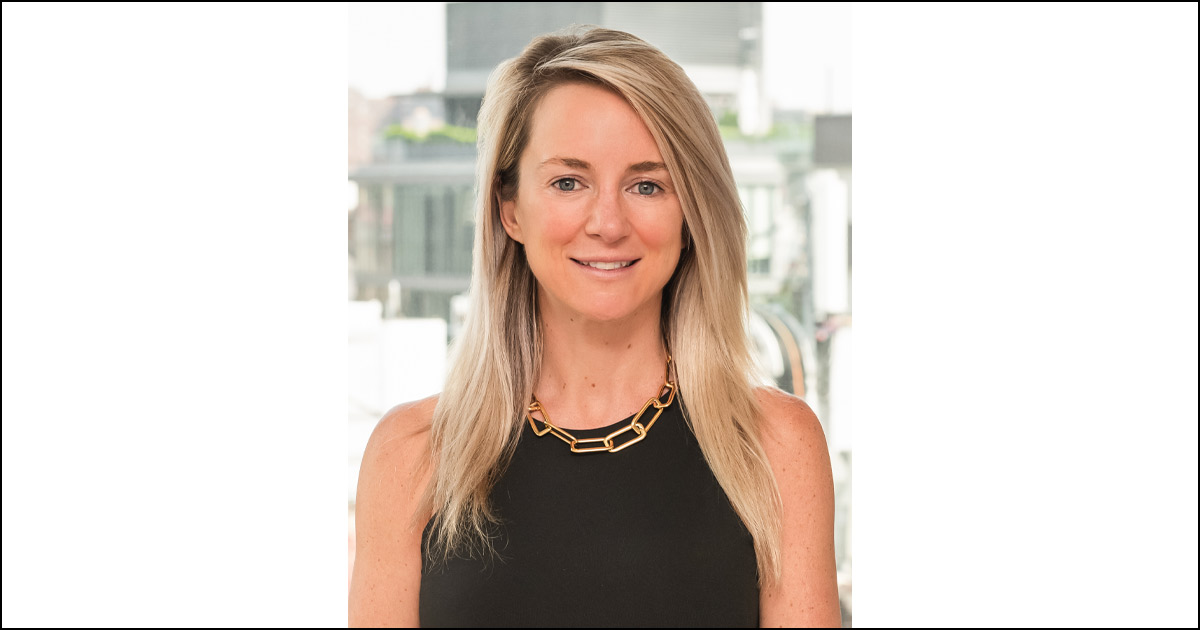Natural Toothpaste Backed by Science
The Origin Story of Risewell

Last Updated: By TRUiC Team
Have you ever wondered what’s actually in your toothpaste? If you look at a typical ingredients label, there are all sorts of things on there you probably don’t recognize. Could there be a more natural alternative that’s just as effective?
Risewell says yes, offering all-natural mineral toothpaste that cleans and protects your teeth just as well as the big commercial brands. This is its origin story.
From Finance to Oral Care Products
Risewell founder Kori Estrada began her career in finance. She got the idea of starting an oral care product company when she and her husband were undergoing fertility treatments.
“I had to go through the whole infertility process, which was extremely challenging,” she says. “When one goes through that journey, you want to make sure you do it once if possible and not many times. It's also very expensive [and] in most cases not covered by insurance.”
The couple asked their doctor what they could do to help make the process successful. In addition to taking the right medications and eating the right foods, he told them not to use products that could be endocrine disruptors.
“I hadn't realized that things that go on my body or amass around my body could actually be impactful to the [IVF] process,” she said. She and her husband “[turned] our entire apartment upside down and [realized] a lot of the everyday products that we were using had harmful ingredients in them. There [often were] better alternatives, but the one area we really struggled with was oral care.”
That’s because, at the time, although there were a few natural toothpastes on the market, basically all they did was take out fluoride without replacing it with anything. Her brother, a dentist, confirmed that this approach doesn’t help protect your teeth any better than water. So, the problem she set out to address was how to create a natural toothpaste that works just as well as the conventional kind.
Safe Enough to Eat
Kori believes that oral care products should be both effective and safe enough to eat. Conventional toothpaste doesn’t meet both of those criteria; if you eat too much of it, you’ll get sick. In Kori’s mind, that’s a problem.
“I'm sure most people are thinking, who wants to eat toothpaste?” she says. “Well, your gums are actually highly absorbent, so whether you like it or not, even if you're spitting out your toothpaste after you use it, a lot of it is being absorbed into your body twice a day. And so for us, we set out to create toothpaste that works as well as conventional toothpaste or better but also is safe enough to eat, which means that it's safe enough for the entire family – including kids like mine that are not old enough to actually spit out toothpaste, so they are literally consuming it.”
Risewell toothpaste doesn’t use fluoride. Instead, it uses hydroxyapatite, a naturally occurring mineral that makes up 97% of our tooth enamel and that the company says has been scientifically proven to strengthen and protect teeth without fluoride. To do so, it chemically bonds to teeth and shields them from decay. Hydroxyapatite also can fill small holes and depressions in tooth enamel. And because it’s part of our teeth and bones, it’s completely harmless if accidentally ingested.
Risewell toothpaste and mouthwash also use Xylitol, an alcohol found in most plants that starves harmful bacteria of the food they need to produce enamel-eroding acids.
Although hydroxyapatite is less well-known in the US, it has been used in natural oral care products in Japan for more than 40 years.
Failure Is an Option
Kori advises early-stage entrepreneurs to not be afraid of failing but to “fail quickly.”
“I think the biggest challenge that I see founders have – and frankly, we struggled with this too – is that when you are used to perfection and things being absolutely perfect, it causes you to have indecision and take too much time and not actually learn from your mistakes fast enough,” she says. Instead, she says founders should “[get] into that mindset of celebrating your failures.”
She practices what she preaches. “It took us many iterations to get to the point where we even found hydroxyapatite. And then once we found hydroxyapatite, [we asked] how do we incorporate this in our products where it actually works most effectively?” The product development process took “many failures” stretching over at least two years. In the end, all they had was one product for sale on a website; retailer buy-in took a lot of additional time and effort.
Recognizing that failure “can be actually really a good thing to lead you to where you eventually need to be is something that a lot of people struggle with, including myself,” she says.





